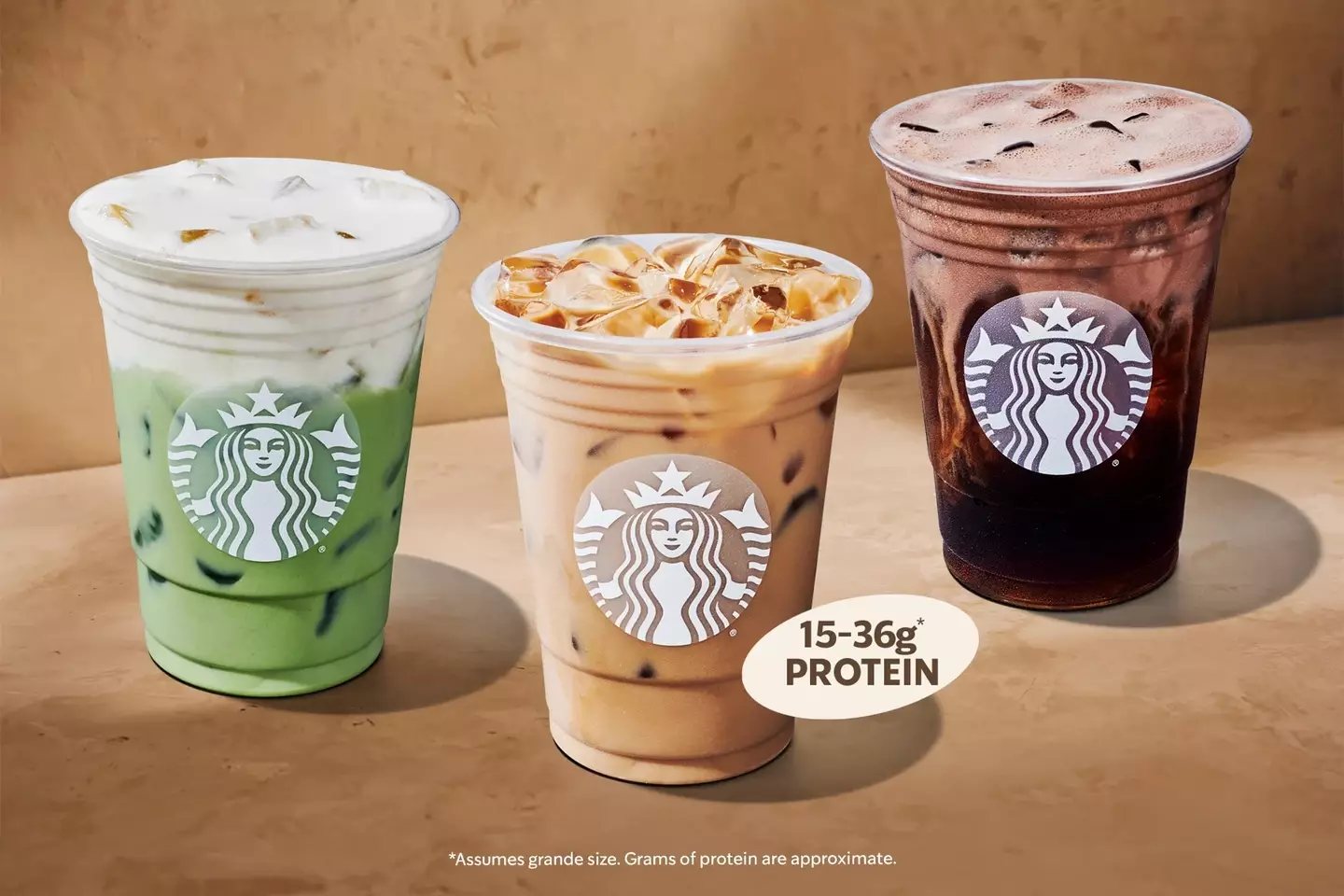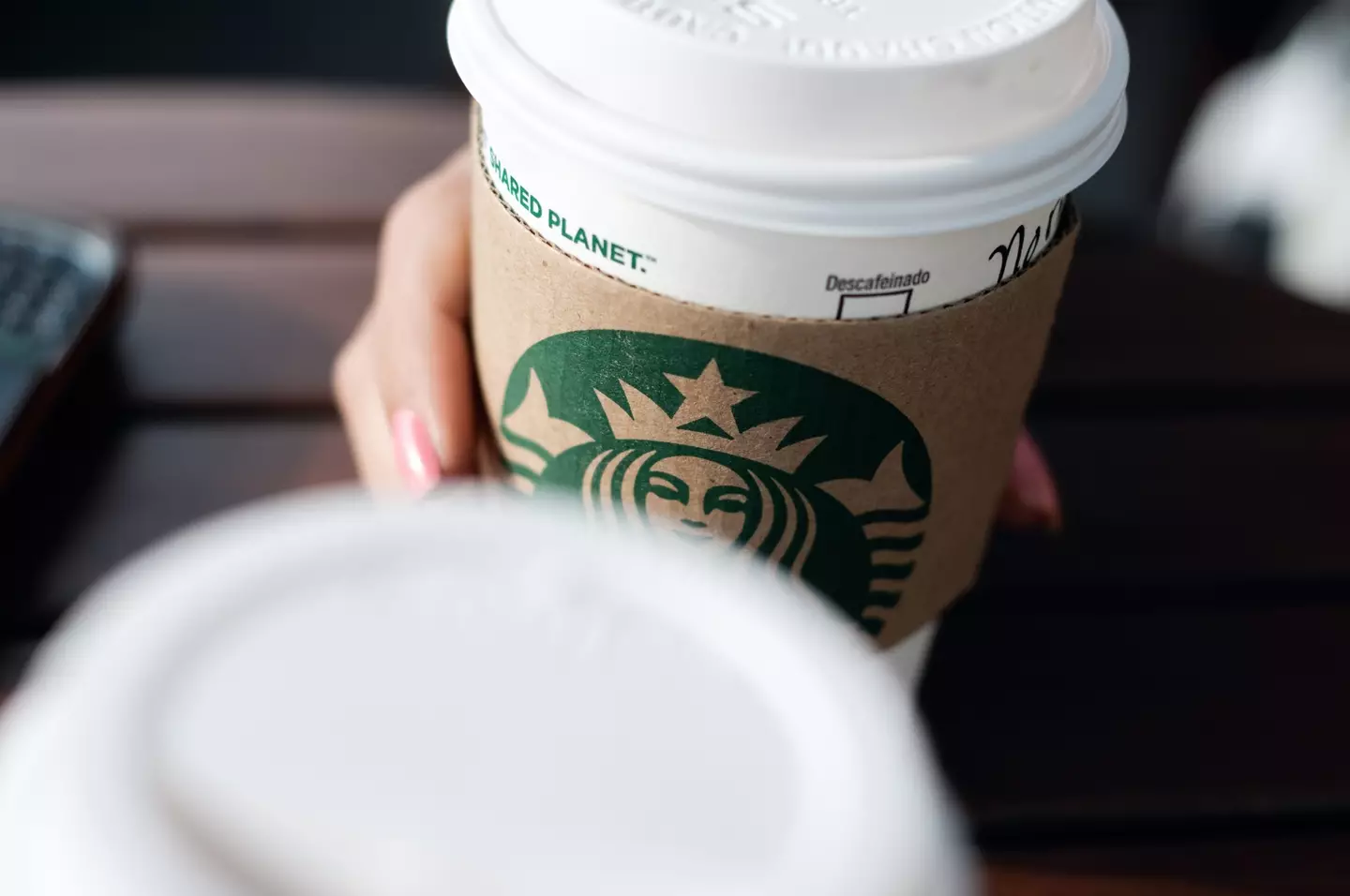
Given how popular protein food and drink products have become in recent years, it’s possibly not all too surprising that Starbucks is jumping on the bandwagon with its new range of protein drinks. From protein lattes to protein cold foam that you can add to your existing drink order, it certainly sounds intriguing. However, with teens, tweens and children often grabbing a cup at the coffee house chain - even if the drinks are not specifically aimed at their demographic - it’s caused some concern among experts and parents.
Even though protein products may be beneficial to certain adults, depending on their existing diet, should we be offering them to younger people?

Later this month Starbucks is adding protein lattes and protein cold foam to menus in the US and Canada. Containing between 15 and 36 grams of protein each, depending on whether you opt for a grande or 16-ounce size, those who are partial to some cold foam can add protein there too, with the new frothy toppings adding up to 26 grams of protein from these alone. But as they’re being offered up in flavours such as banana and salted caramel, some teens might be keen to give them a try.
Advert
So, how might this impact teens and children? Well, according to Dominique Adair, a registered dietitian nutritionist and the clinical director at Knownwell, children and teens have their own unique set of needs when it comes to nutrition, especially compared to adults. In fact, 'most kids actually get more than enough protein, and it's the fruit and vegetable serving that could use a bump up,' she reveals.
And Lena Bakovic, MS, RDN, CNSC at Live It Up, not only agrees with this statement, but offers some guidance on how much protein children should be consuming on a daily basis.
Speaking to Parents, she explained that how much protein a child should have each day can vary depending on their age, gender, size and activity levels, as well as any medical conditions that they might have. However, on the whole, kids aged between 9 and 18 typically require 34 to 52 grams of protein per day, which is the equivalent of one Starbucks protein latte.

It sounds all well and good to add more protein into our diets, yet 'protein drinks in general, similar to the trendy ones at Starbucks, can contain added sugars, artificial flavors, and perhaps most importantly, protein values outside of the recommended daily ranges, posing potential health risks to children,' Bakovic warns.
Some children can even have a negative reaction to whey protein, which is used in these sorts of drinks, as it can be trickier for them to digest it.
Plus, these sorts of drinks can also lead to other issues, such as dehydration, excess caffeine consumption, stress on the kidneys and other nutrient deficiencies, Bakovic explains.
So, if your teen tends to order their own drinks at Starbucks, or they ask you to pick up one of the new drinks when you’re next out and about, you might want to have a quick chat with them first.
Starbucks has advised that it aims to offer a variety of products that reflect the varied preferences of customers, which include families. However, it does not sell any products specifically focused on children.
The chain also has a commitment to health and wellness, with customers able to customise their drinks to meet their preferences, while it also strives for transparency on ingredients and calories.
Starbucks advised customers to speak to their medical provider over any concerns about nutritional needs.